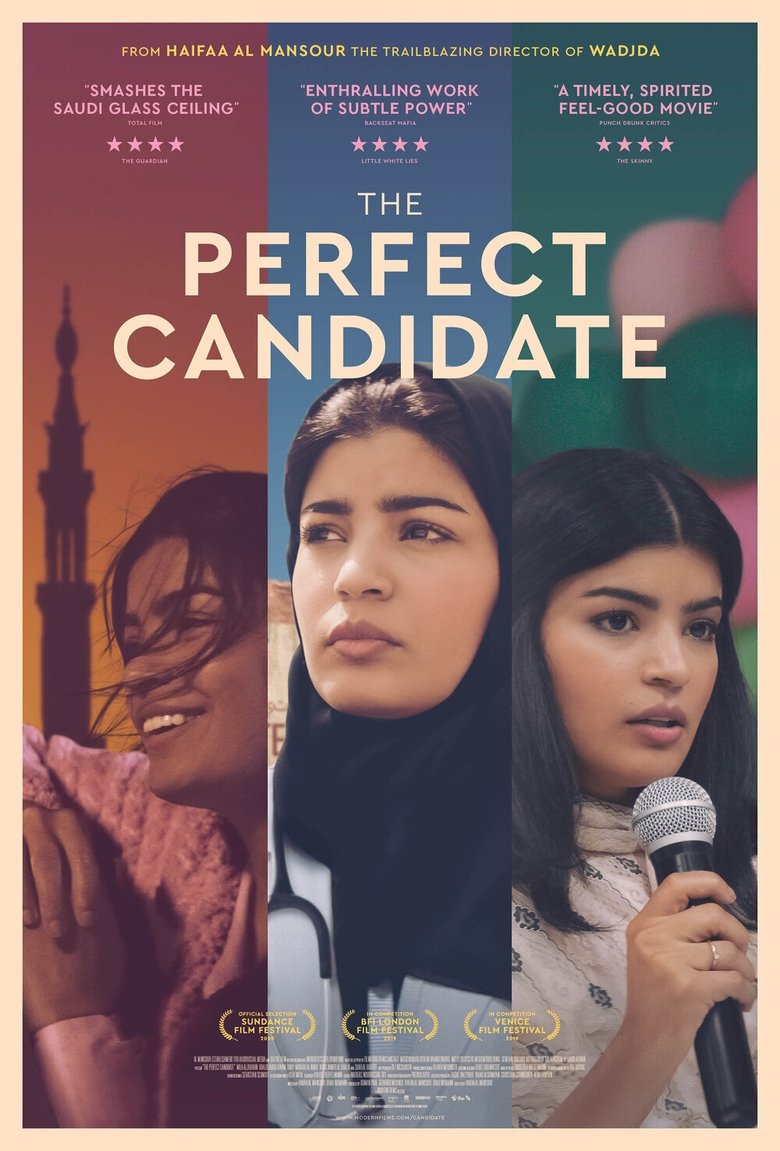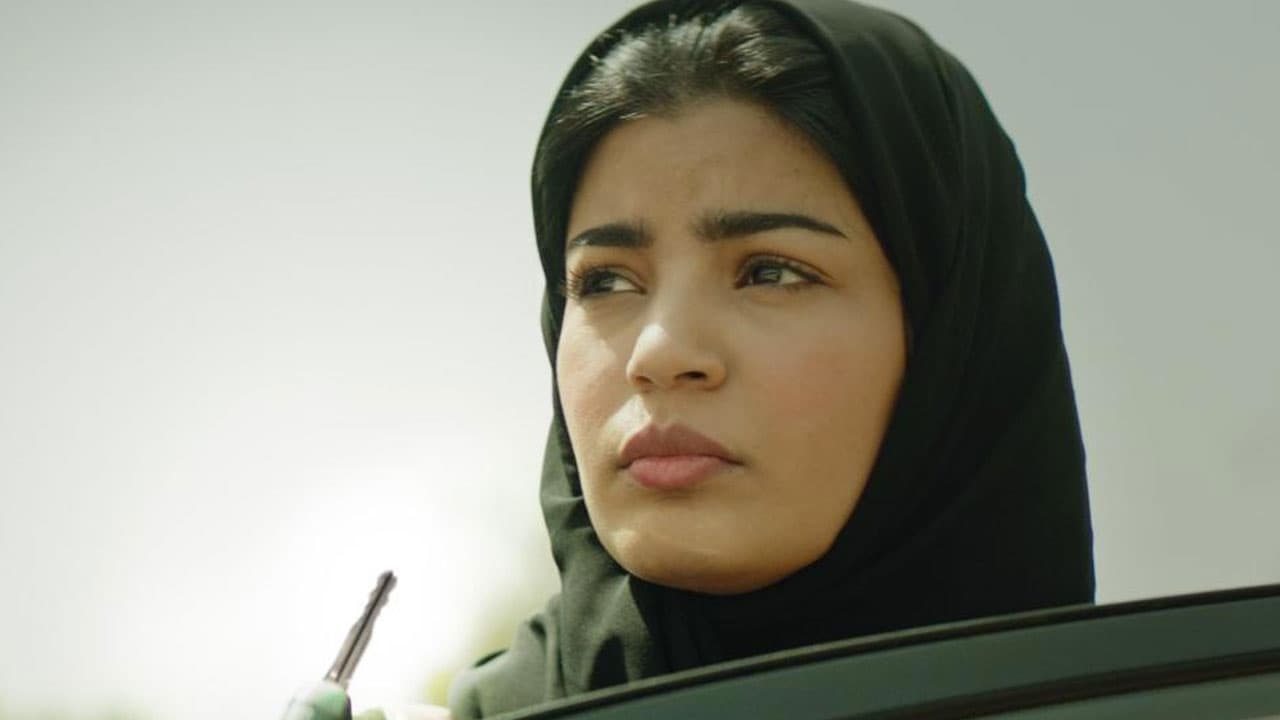
The Perfect Candidate
A young Saudi doctor campaigns for a seat on the municipal council, finding confidence as she combats prejudice.
Louisa Moore - Screen Zealots@screenzealots
The first Saudi woman to direct a feature film (“Wadjda”), Haifaa Al-Mansour, brings her unique voice and perspective to her follow-up movie, “The Perfect Candidate,” the story of a female doctor who decides to run for a local political office. The film lends an insider’s look at life in modern-day Saudi Arabia and the changing role of women in a country known for its restrictive gender customs.
Maryam (Mila Al Zahrani) is an ambitious young doctor working in a small town medical clinic. She’s well-educated and smart, yet she gets daily pushback from many of her male patients and has to work twice as hard to earn the respect of her male colleagues. After she is prevented from traveling to Dubai in search of a better job, a paperwork mix-up leads Maryam to become a candidate for her local city election. Since she wants to make her town a better place, including her major platform of getting the road to the hospital paved, Maryam and her sisters (Dae Al Hilali, Nora Al Awadh) begin planning fundraising and campaign events while their widowed musician father is away on tour. Her candidacy is as challenging as you’d expect, but the woman never loses her sense of determination to move her traditional society forward.
Al-Mansour’s film, which she also co-wrote, is appropriately serious but filled with lighthearted moments. It’s impossible not to root for Maryam to succeed when she’s challenging the patriarchy of a society that continues to marginalize women. Saudi Arabia’s customs still seem outdated and oppressive by most of the world’s standards, but it’s also sobering to realize that women in every corner of the planet can still face similar pushback when they’re seen as trying to rock the boat.
This feature would’ve worked much better as a short film, as it only becomes truly interesting once Maryam announces her candidacy. Everything else is painfully slow going up until that point, and the pacing is too sluggish. The story stalls even further with random, stagnant interludes that feature traditional music (be it a music lesson, a band concert, or a simple song shared between two sisters).
In the end, the film is inspirational and shows the ability we all have to change attitudes, one person at a time. A modest act of defiance may start on the local level, but those small steps eventually add up for the greater good.
